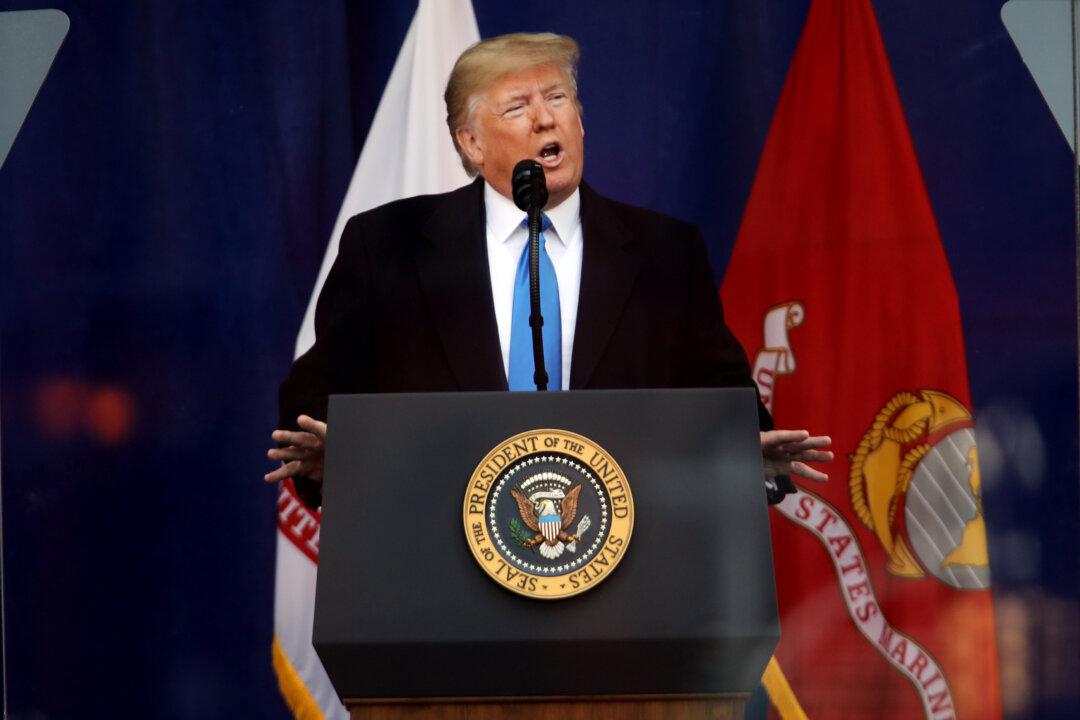President Donald Trump praised the Bolivian people for forcing the resignation of socialist President Evo Morales, ending his 14-year rule after three weeks of intense protests.
Trump called the resignation “a significant moment for democracy in the Western Hemisphere” and criticized Morales for an “attempt to override the Bolivian constitution and the will of the people.”





